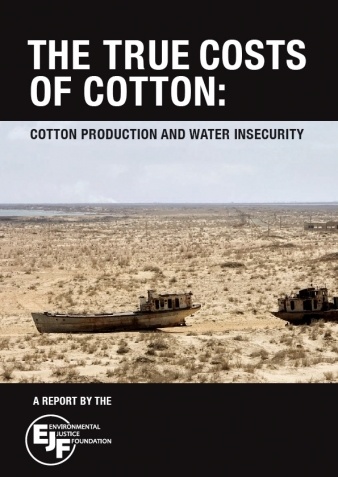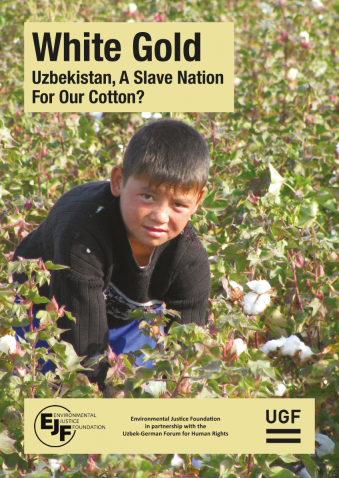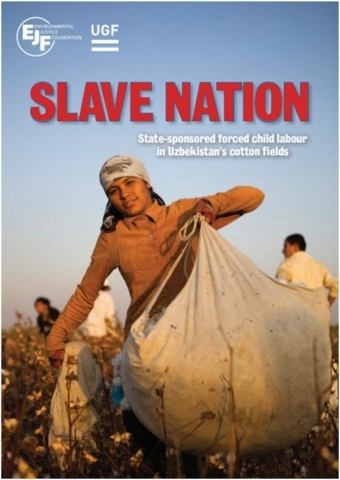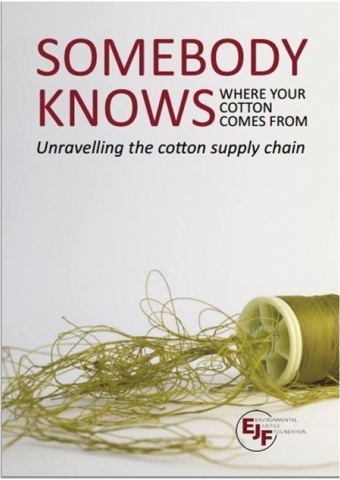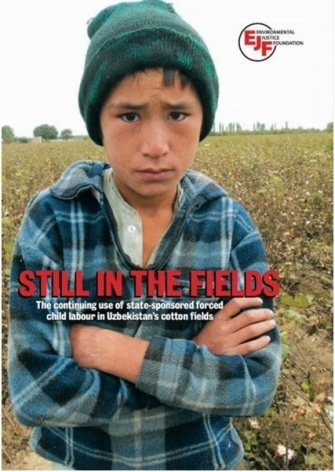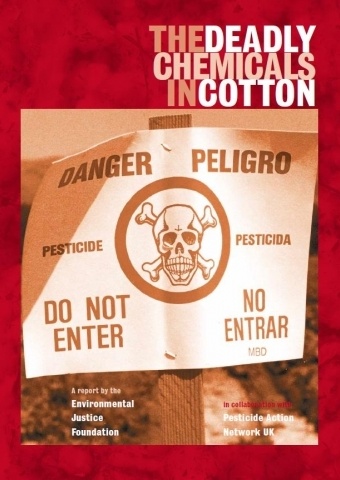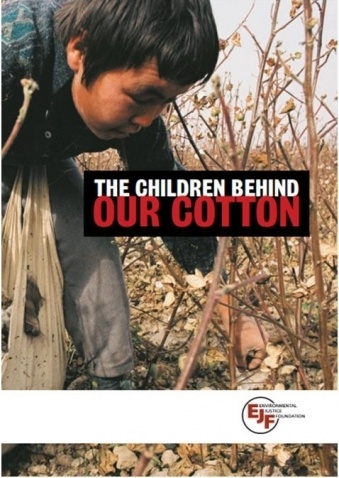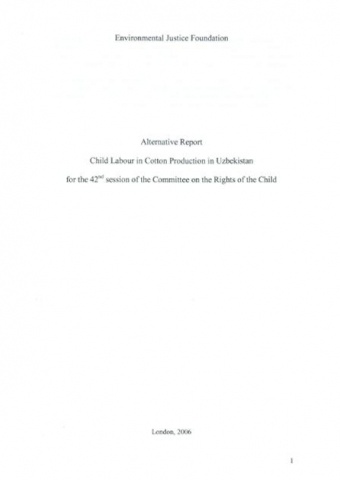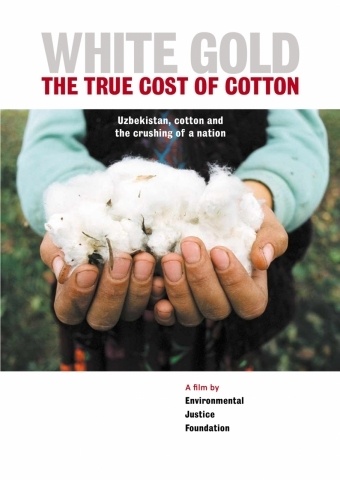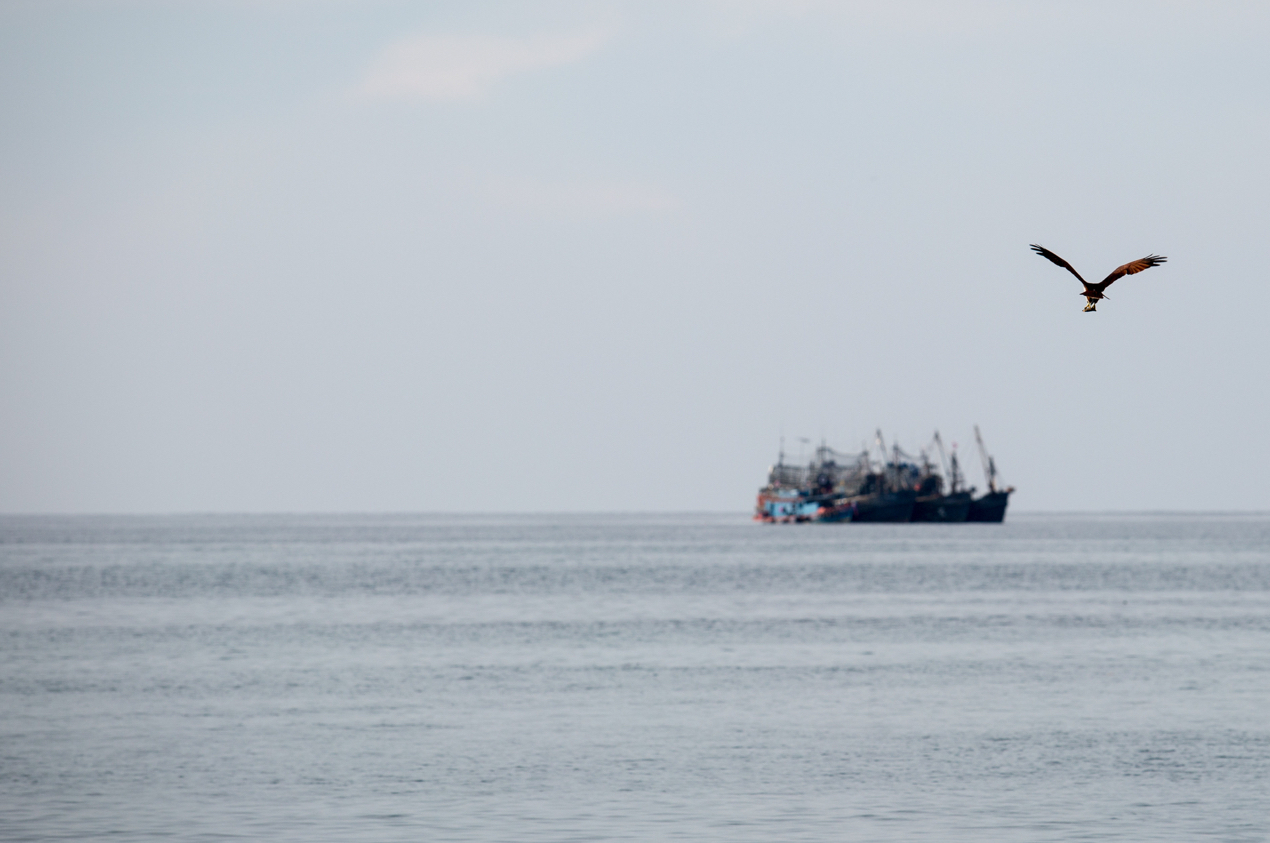
Search results
Showing 41-75 result returned for ""
-
News & Media
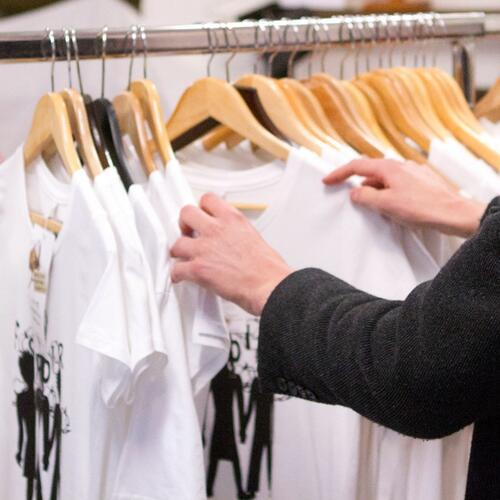 Feb 14, 2013URBAN SWISH at EJF’s pop up shop this weekRead
Feb 14, 2013URBAN SWISH at EJF’s pop up shop this weekRead -
News & Media
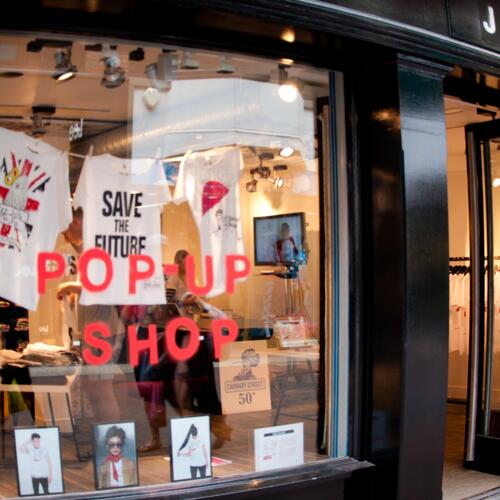 Jan 04, 20136 more weeks for EJF's pop up shop on Carnaby StreetRead
Jan 04, 20136 more weeks for EJF's pop up shop on Carnaby StreetRead -
News & Media
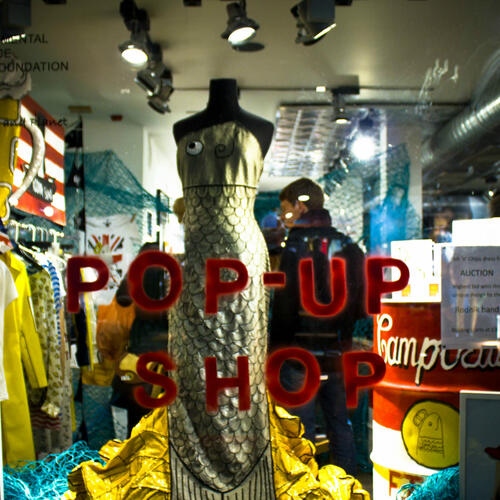 Nov 14, 2012Ethical fashion launch party at EJF’s Pop Up ShopRead
Nov 14, 2012Ethical fashion launch party at EJF’s Pop Up ShopRead -
News & Media
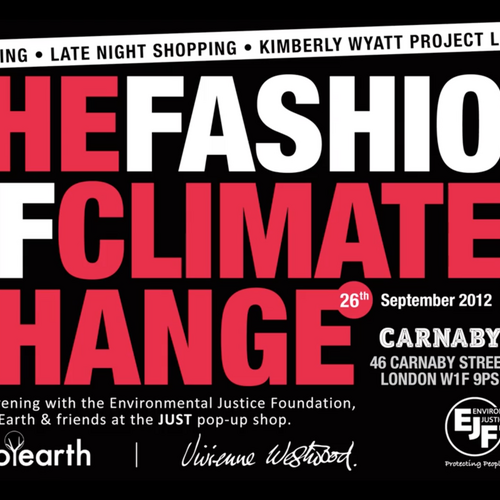 Oct 09, 2012Launch of EJF’s JUST Pop Up Shop on London's Carnaby StreetRead
Oct 09, 2012Launch of EJF’s JUST Pop Up Shop on London's Carnaby StreetRead
-
Films
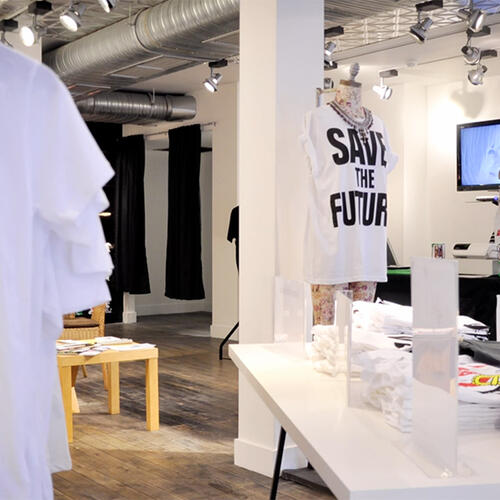 Oct 03, 2012Just: Pop Up Store in Carnaby Street 2012Read
Oct 03, 2012Just: Pop Up Store in Carnaby Street 2012ReadJust: Pop Up Store in Carnaby Street 2012
You'll find lots of lovely T-shirts in support of our campaigns for human rights and environmental consciousness. All our T-shirts are made of organic, fairly traded cotton in low-carbon, wind-powered factories that respect the environment and workers' rights.
If you can't make it to Carnaby Street, take a look at our online shop and get inspired: www.just-for.co.uk
-
Films
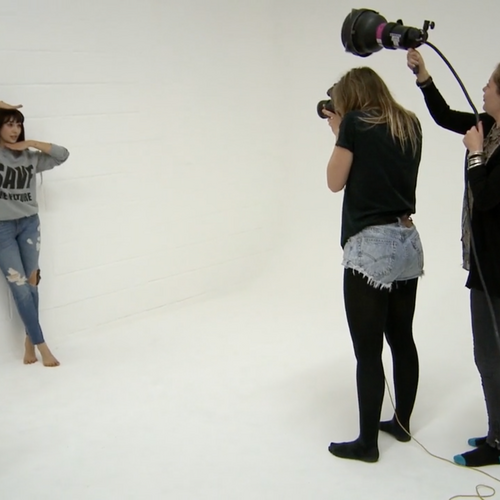 Oct 02, 2012Just For: Behind the ScenesRead
Oct 02, 2012Just For: Behind the ScenesReadJust For: Behind the Scenes
In celebration of our growing JUST FOR collection, which now includes over 26 designs, we're giving you the opportunity to see 'behind the scenes' at our star studded photo shoots with this short film featuring David Gandy, Lily Cole, Diana Vickers and many others as they show their support by being photographed in our designer t-shirts and sweatshirts.
-
Films
 Sep 22, 2012Save the FutureRead
Sep 22, 2012Save the FutureReadSave the Future
To celebrate the launch of the iconic "Save the Future" t-shirt at H&M, British fashion designer Katharine Hamnett talks about the campaign. Behind-the-scenes footage included.
-
Films
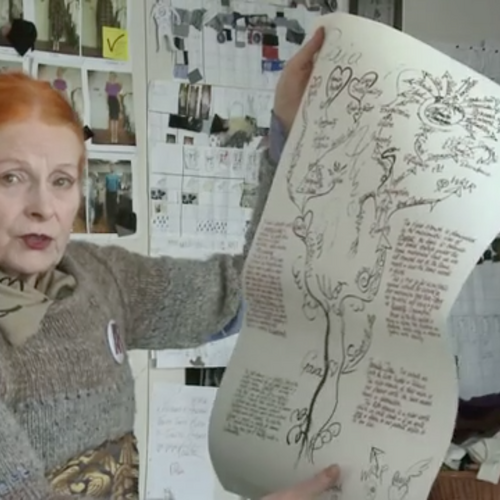 Sep 21, 2012Vivienne Westwood on her "War and Peace" T-shirtRead
Sep 21, 2012Vivienne Westwood on her "War and Peace" T-shirtReadVivienne Westwood on her "War and Peace" T-shirt
With thanks to Marc Monserat and Nicolas Jaar.
-
Films
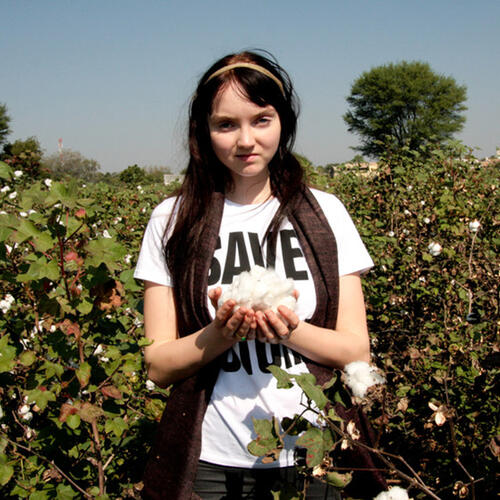 Sep 19, 2012A Model Supply ChainRead
Sep 19, 2012A Model Supply ChainReadA Model Supply Chain
Actor and supermodel Lily Cole visits the cotton fields, gin, dye-house and factory where EJF's climate-neutral t-shirts are made. Designed by some of the greatest designers in contemporary fashion industry, EJF's t-shirts are produced using a process that is low-carbon, energy-efficient, organic, and simply revolutionary.
-
News & Media
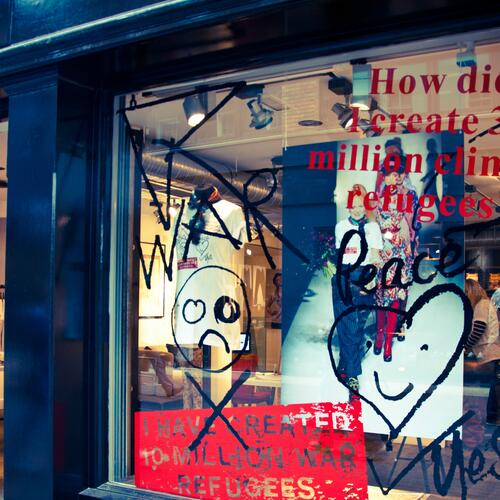 Sep 18, 2012EJF opens ‘Just’ Pop Up shop on Carnaby StreetRead
Sep 18, 2012EJF opens ‘Just’ Pop Up shop on Carnaby StreetRead -
Reports
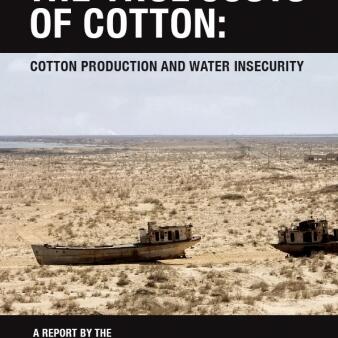 Sep 05, 2012The True Costs of Cotton: Cotton Production and Water InsecurityRead
Sep 05, 2012The True Costs of Cotton: Cotton Production and Water InsecurityReadCotton production can be a pathway to development and is an important livelihood option for millions of people. However, production can have unintended social and environmental impacts, in particular this report outlines the role that it plays in contributing to water insecurity.
Cotton is one of the thirstiest crops in the world. Each year 198 cubic gigametres (Gm3) of water are used just to grow cotton and even more is used in processing it. ‘Cheap’ cotton is fuelling unsustainable production, and consumers commonly do not pay a price which reflects these costs. More than 80 percent of the water footprint of cotton consumption in EU member states is located outside Europe, in countries such as China, Pakistan, and Uzbekistan.
The draining of the Aral Sea in Central Asia stands as one of the most damning examples of unsustainable cotton production. The Aral Sea was once the fourth largest inland sea in the world, stretching across an area of 66,000km2. In less than a generation, it has shrunk to 10 percent of its former volume.
-
Films
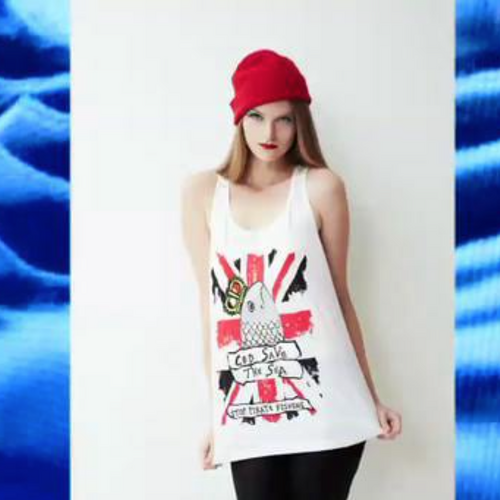 Mar 15, 2012Cod Save The SeaRead
Mar 15, 2012Cod Save The SeaReadCod Save The Sea
Watch EJF's new video following the launch of the new Cod Save The Sea T-shirt at London Fashion Week 2011.
The Cod Save The Sea T-shirt is part of The Rodnik Band’s Spring/Summer 2012 collection inspired by EJF’s work to end pirate fishing.
The Rodnik Band, who caused a stir at New York and London Fashion Weeks this season, created a collection of the brand's signature "art dresses", from aquatic shades of fish to chips-shaped ball gowns and submarine trench coats.
Get your Cod Save The Sea T-shirt at http://www.just-for.co.uk/.
-
Films
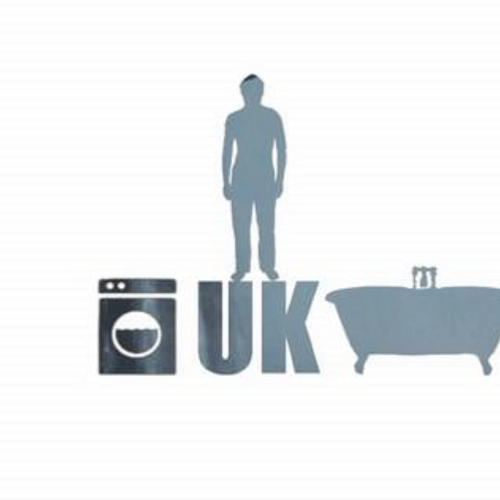 Mar 15, 2012High and DryRead
Mar 15, 2012High and DryReadHigh and Dry
EJF looks at water footprints with a focus on water in cotton production and the demise of the Aral Sea which shrunk to 10% of its former volume due to irresponsible cotton production in the region.
-
Films
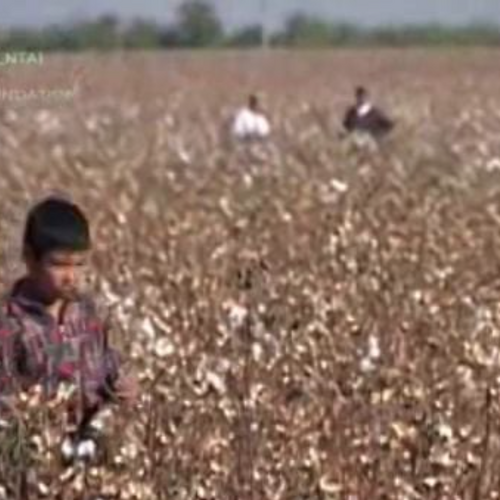 Mar 13, 2012Cotton: child labour and human rights abusesRead
Mar 13, 2012Cotton: child labour and human rights abusesReadCotton: child labour and human rights abuses
Children as young as seven are employed in the cotton industry for a variety of tasks including cottonseed production, pesticide spraying and the annual cotton harvest.
-
Films
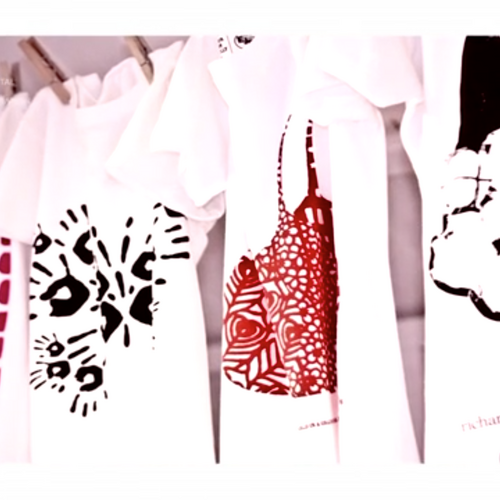 Mar 04, 2012Fashioning the FutureRead
Mar 04, 2012Fashioning the FutureReadFashioning the Future
Organic cotton t-shirts designed by Allegra Hicks, Jenny Packham, Richard Nicoll, Ciel, Giles Deacon, Allegra Hicks, Zandra Rhodes, John Rocha, Luella, Katharine Hamnett, Christian Lacroix, Betty Jackson for EJF.
-
Films
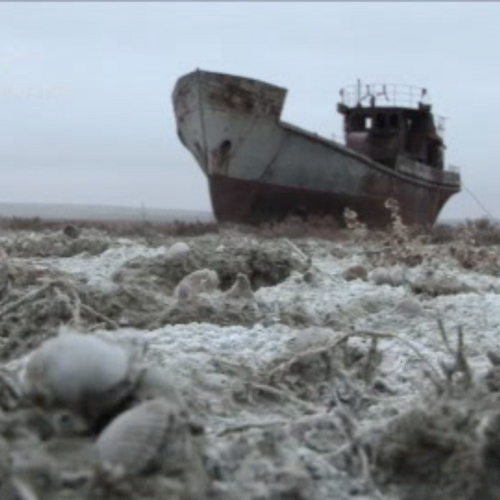 Mar 03, 2012Cotton - Environmental Disaster & Lethal PesticidesRead
Mar 03, 2012Cotton - Environmental Disaster & Lethal PesticidesReadCotton - Environmental Disaster & Lethal Pesticides
A short film focussed on the environmental abuses associated with cotton production.
-
Films
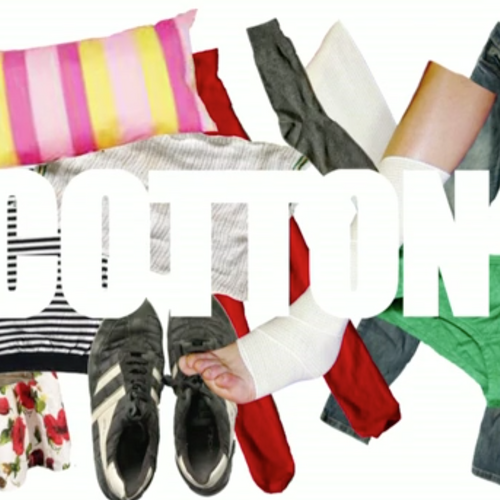 Mar 01, 2012Cotton: Have you picked yours carefully?Read
Mar 01, 2012Cotton: Have you picked yours carefully?ReadCotton: Have you picked yours carefully?
Over two thirds of the world’s cotton is grown in developing countries and the former Soviet Union. Valued at over $32 billion every year, global cotton production should be improving lives. But this "white gold" too often brings misery.
With thanks to sound studio 4AM Productions.
-
Films
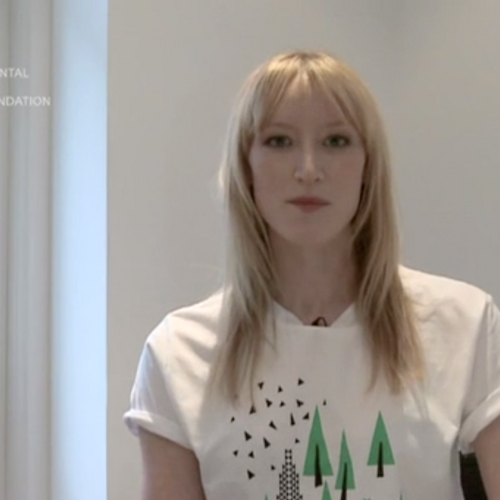 Feb 06, 2012Jade Parfitt supports the Climate Week T-shirt for EJFRead
Feb 06, 2012Jade Parfitt supports the Climate Week T-shirt for EJFReadJade Parfitt supports the Climate Week T-shirt for EJF
Jade Parfitt's message at the photoshoot for the Climate Week T-shirt in support of EJF's No Place Like Home campaign.
People are being forced from their homes and land by deteriorating environmental conditions linked to climate change. Conditions like creeping desertification, flooding, rising sea levels and more intense extreme weather events. Some will be forced to leave temporarily, others permanently.
EJF believes that there needs to be a new legally-binding instrument identifying and protecting climate refugees. -
Films
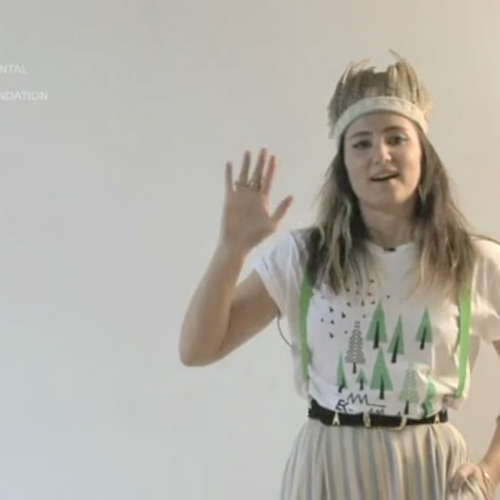 Feb 05, 2012KT Tunstall supports the Climate Week T-shirt for EJFRead
Feb 05, 2012KT Tunstall supports the Climate Week T-shirt for EJFReadKT Tunstall supports the Climate Week T-shirt for EJF
KT Tunstall's message at the photoshoot for the Climate Week T-shirt in support of EJF's No Place Like Home campaign.
People are being forced from their homes and land by deteriorating environmental conditions linked to climate change. Conditions like creeping desertification, flooding, rising sea levels and more intense extreme weather events. Some will be forced to leave temporarily, others permanently.
EJF believes that there needs to be a new legally-binding instrument identifying and protecting climate refugees. -
Films
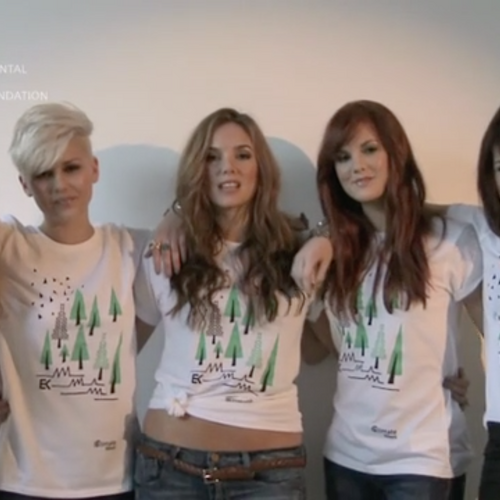 Feb 04, 2012Wonderland support the Climate Week T-shirt in support for EJFRead
Feb 04, 2012Wonderland support the Climate Week T-shirt in support for EJFReadWonderland support the Climate Week T-shirt in support for EJF
Girlband Wonderland's message at the photoshoot for the Climate Week T-shirt in support of EJF's No Place Like Home campaign.
People are being forced from their homes and land by deteriorating environmental conditions linked to climate change. Conditions like creeping desertification, flooding, rising sea levels and more intense extreme weather events. Some will be forced to leave temporarily, others permanently.
EJF believes that there needs to be a new legally-binding instrument identifying and protecting climate refugees.
-
Films
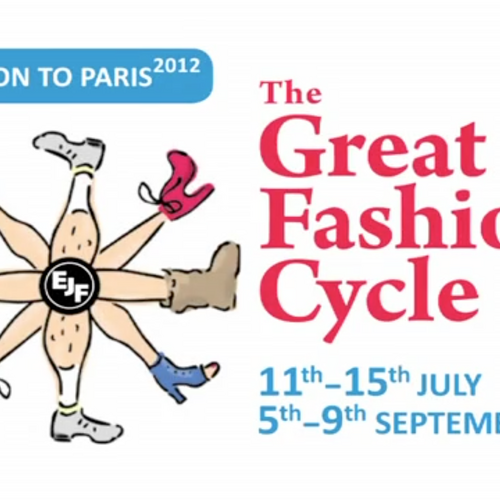 Jan 31, 2012The great fashion cycleRead
Jan 31, 2012The great fashion cycleReadThe great fashion cycle
Get active for a better fashion industry. Take part in EJF's iconic London to Paris bike ride and help us address human rights and environmental abuses in the fashion industry.
-
News & Media
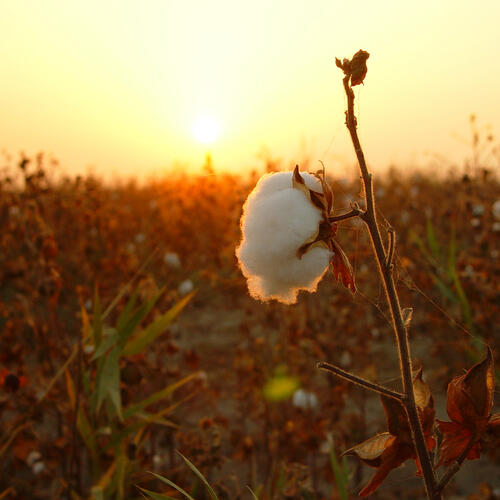 Dec 15, 2011European Parliament rejects proposal to reduce tariffs on Uzbek textilesRead
Dec 15, 2011European Parliament rejects proposal to reduce tariffs on Uzbek textilesRead -
News & Media
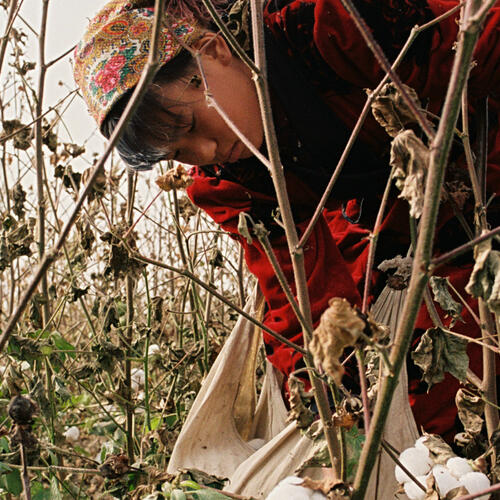 Sep 12, 2011NY Fashion Week cancels show by Uzbek president's daughterRead
Sep 12, 2011NY Fashion Week cancels show by Uzbek president's daughterRead -
News & Media
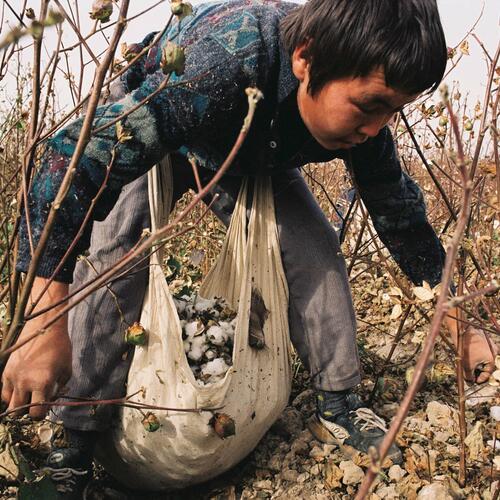 Feb 23, 2011EJF invited by UK Government to discuss Uzbek cottonRead
Feb 23, 2011EJF invited by UK Government to discuss Uzbek cottonRead
-
News & Media
 Jan 28, 2011EU welcomes Uzbek President KarimovRead
Jan 28, 2011EU welcomes Uzbek President KarimovRead -
News & Media
 Jan 24, 2011Ask your MP to sign EDM 1284 calling on the UK Government to avoid Uzbek cottonRead
Jan 24, 2011Ask your MP to sign EDM 1284 calling on the UK Government to avoid Uzbek cottonRead -
News & Media
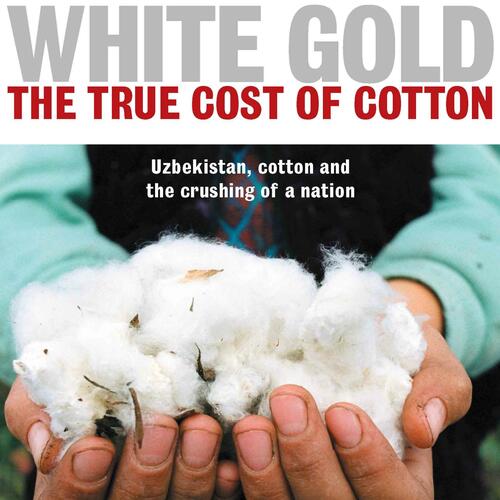 Jan 21, 2011EJF films screened across AlaskaRead
Jan 21, 2011EJF films screened across AlaskaRead -
Reports
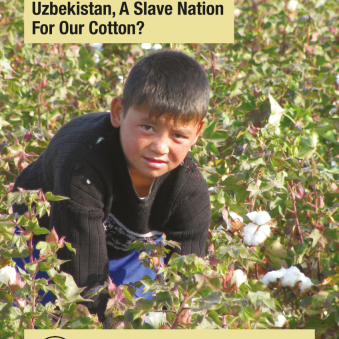 Dec 31, 2010White Gold: Uzbekistan, a Slave Nation for Our Cotton?Read
Dec 31, 2010White Gold: Uzbekistan, a Slave Nation for Our Cotton?ReadEJF's report White Gold: Uzbekistan, Slave Nation for Our Cotton? summarises information provided by independent journalists and human rights activists on the conditions under which the Uzbek cotton industry operates, and produces evidence of young children picking cotton at the behest of the authoritarian Uzbek government.
-
Reports
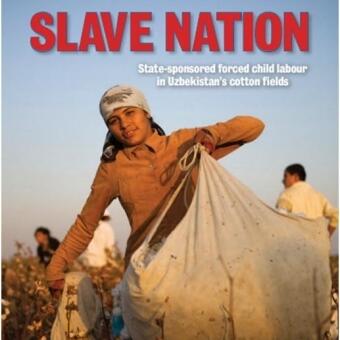 Jan 31, 2010Slave NationRead
Jan 31, 2010Slave NationReadEJF’s “Slave Nation” reveals how the Government of Uzbekistan continues to lie to the international community while routinely compelling hundreds of thousands of children as labourers in the country’s annual cotton harvest.
With evidence that little has changed despite the promises of the Uzbek Government and with the spring planting season just around the corner, EJF asks whether it will be children forced to pick the crop again when the harvest comes around later this year. -
Reports
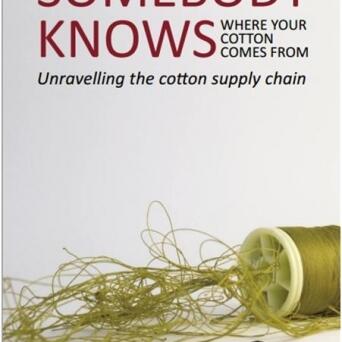 Dec 31, 2009Somebody KnowsRead
Dec 31, 2009Somebody KnowsReadSomebody Knows is a report that explains how retailers can investigate their supply chain, tracing the production of their goods from raw materials to finished products, enabling them to eliminate cotton from environmentally or socially unacceptable practices – such as cotton from Uzbekistan.
-
Reports
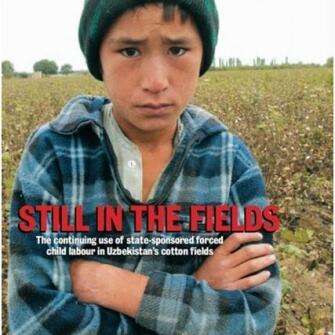 Dec 30, 2009Still in the FieldsRead
Dec 30, 2009Still in the FieldsReadThe report reveals the widespread use of state-sponsored forced child labour in the cotton fields of the Central Asian Republic of Uzbekistan, the world’s 3rd largest cotton exporter and a major supplier to both European traders and ultimately, the EU marketplace.
Its release coincides with the tenth anniversary of the landmark International Labour Organisation (ILO) Convention 182 on the Worst Forms of Child Labour.
-
Reports
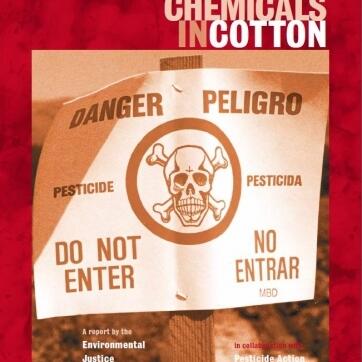 Dec 31, 2007The Deadly Chemicals in CottonRead
Dec 31, 2007The Deadly Chemicals in CottonReadIn collaboration with the Pesticide Action Network UK this report reveals the routine use of harmful chemicals, including nerve agents and neurotoxins, on cotton crops.
Vomiting, paralysis, incontinence, coma, seizures and death are some of the many side effects suffered by farmers and children in the developing world who are routinely exposed to pesticides, many of which are banned or restricted in use in the West. The report puts a case across for organic cotton alternatives.
-
Reports
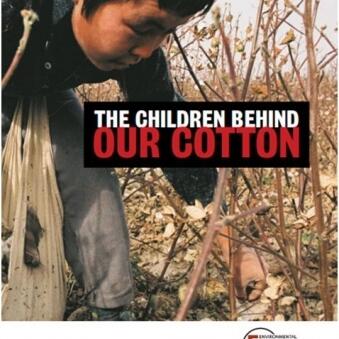 Dec 30, 2007The Children Behind Our CottonRead
Dec 30, 2007The Children Behind Our CottonReadThis Environmental Justice Foundation (EJF) report reveals how children in some of the world’s largest cotton-producing countries are serving as underpaid, free or forced labourers to feed the global demand for textiles.
China, India, Pakistan, Brazil, Uzbekistan and Turkey – six of the world’s top seven cotton producers – have been reported to use child labour in their cotton fields. In India, where as much as 70% of the country’s estimated 100 million child labourers work in agriculture, several hundred thousand children – mostly girls – sacrifice their education and health to produce hybrid cottonseed for a thriving industry. -
Reports
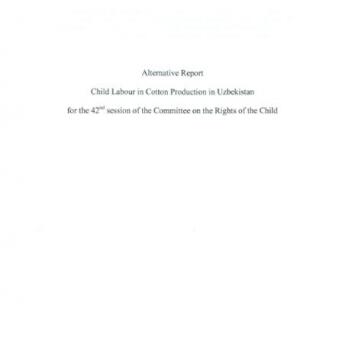 Dec 31, 2006EJF Uzbekistan UNCRC SubmissionRead
Dec 31, 2006EJF Uzbekistan UNCRC SubmissionReadAlternative report for the 42nd Session of the Committee on the Rights of the Child.
-
Reports
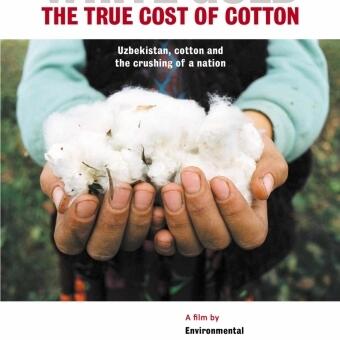 Dec 31, 2005White Gold: The True Cost of CottonRead
Dec 31, 2005White Gold: The True Cost of CottonReadThis internationally acclaimed report exposes how the billion-dollar cotton industry is causing an environmental catastrophe and human rights abuses in Uzbekistan, Central Asia.
White Gold highlights the disastrous demise of the Aral Sea as the rivers that once fed it have been diverted to irrigate cotton fields. The report also draws attention to the endemic use of forced child labour in the annual cotton harvest. Uzbekistan is unique for the scale of forced child labour - hundreds of thousands of children are forced to labour in the fields undergoing arduous work for little or no pay.
Detailed investigations by EJF expose the use of cotton revenues in Uzbekistan to support a corrupt, brutal and coercive dictatorship.
